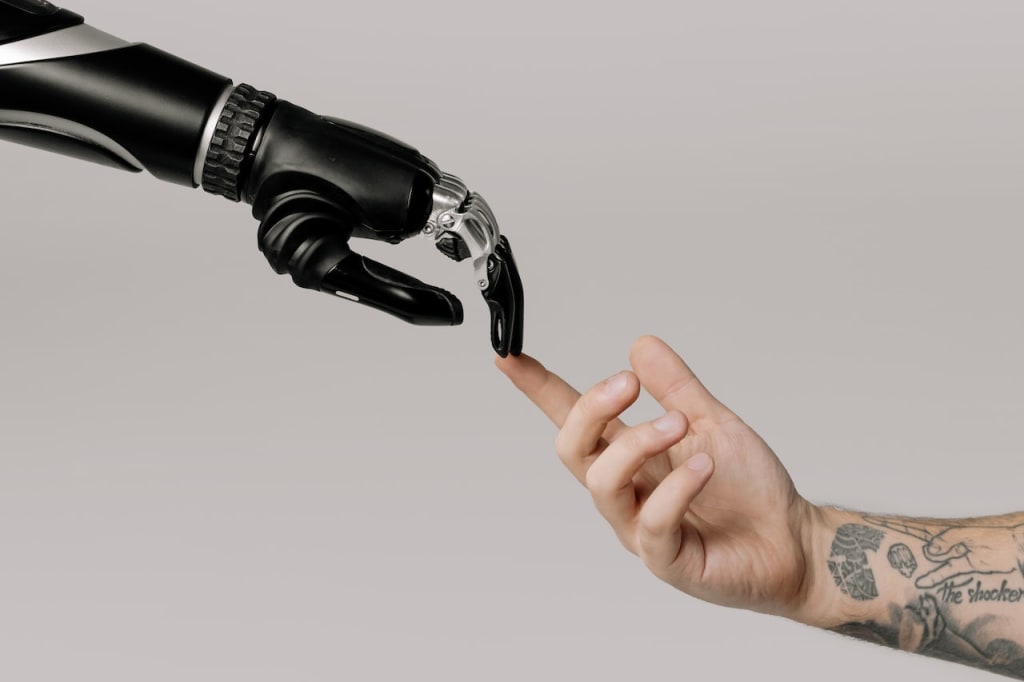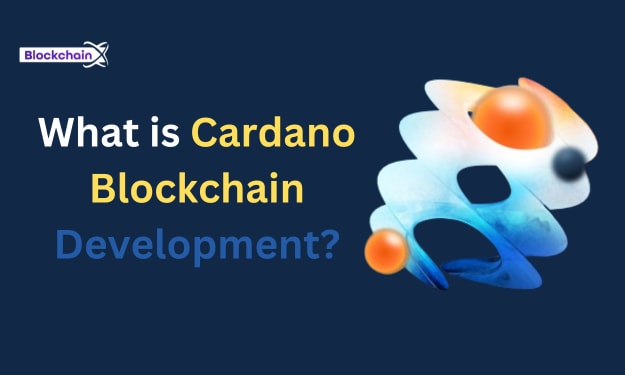The 21st Century: A Critical Epoch for Humanity's Future
Exploring the Significance of Technological Advancements and Existential Risks

In the quest to determine the most pivotal century in human history, various periods have been proposed, each characterized by significant events that shaped the course of civilization. Whether it was the military conquests of Alexander the Great in the 300s BCE, the emergence and spread of major religions like Islam in the 7th century, or the transformative Industrial Revolution of the 1700s, these epochs brought forth profound changes and set humanity on new trajectories. However, if we evaluate importance based on the impact of our actions on future generations, it becomes plausible that the current century, the 21st century, holds unparalleled significance.
Already in the early stages of the 21st century, rapid technological advancements have propelled society forward. The proliferation of phones and computers has accelerated the pace of life, while the potential emergence of revolutionary technologies like advanced artificial intelligence promises to reshape human existence. However, the existing technologies we possess also contribute to an unprecedented level of existential risk. This risk pertains to threats that could potentially lead to human extinction or permanently hinder our ability to thrive. Notably, the invention of the atomic bomb marked a significant rise in existential risk, and subsequent developments have only increased the odds against us.
Predicting the likelihood of an existential catastrophe occurring within this century remains profoundly challenging. Estimates, albeit rough, place the risk of such a collapse resulting from nuclear winter or climate change at approximately 0.1%. Even more alarming is the estimated 3% chance of a pandemic triggering a similar collapse. Considering the ramifications of these disasters, as they could potentially bring an end to life as we know it, these figures are far from negligible. Moreover, the 21st century might witness the rise of new technologies that introduce additional existential risks.
Artificial general intelligence (AGI) represents one such potential technology. Experts in the field hold diverse views regarding the timeline for the emergence of AGI, with some surveys indicating a belief that it could materialize within this century. Presently, we possess narrow forms of artificial intelligence that excel in specific tasks, such as playing chess or recognizing faces. However, AGIs would possess the capability to adapt and perform numerous tasks, rapidly surpassing human abilities. Speculation abounds regarding the appearance and implications of AGI, including scenarios where they aid us in achieving our goals, perceive us as inconsequential, or view us as obstacles to be removed swiftly.
Consequently, ensuring that the values of AGI align with our own becomes paramount in terms of existential risk. This presents an immense philosophical and engineering challenge that necessitates careful and meticulous work. Nevertheless, even if we succeed in aligning AGI with human values, its emergence could lead to a complex outcome. Imagining an AGI with a deep respect for human life and an ardent desire to resolve humanity's troubles, but one developed with an unwavering adherence to its beliefs, poses a potential dilemma. If such machines were to attain dominance on Earth, their inflexible values could become hegemonic, locking humanity into an ideology resistant to change and potentially stunting moral growth.
Throughout history, civilizations have often fallen short of the moral standards upheld by later generations, emphasizing the risk of value lock-in. The possibility of permanently distorting or constraining humanity's moral progress looms large in this context. Given the vast uncertainties surrounding AGI and the difficulty in predicting how existential risks will unfold in the coming century, it remains vital to acknowledge that the decisions we make today possess the potential for profound impact on the future of humanity. Thus, living with a sense of responsibility, recognizing that the future may depend on our actions, becomes an imperative course of action. After all, the destiny of humanity may indeed be in our hands.
Henrik Leandro
About the Creator
Henrik Leandro Laukholm Solli
Free thinker, traveler and humanist <3






Comments
There are no comments for this story
Be the first to respond and start the conversation.